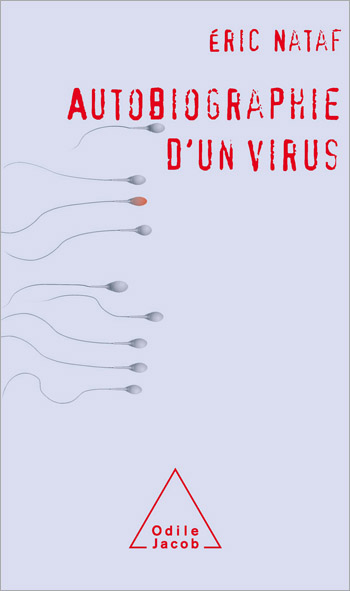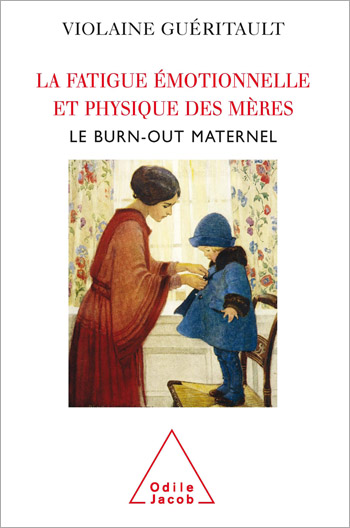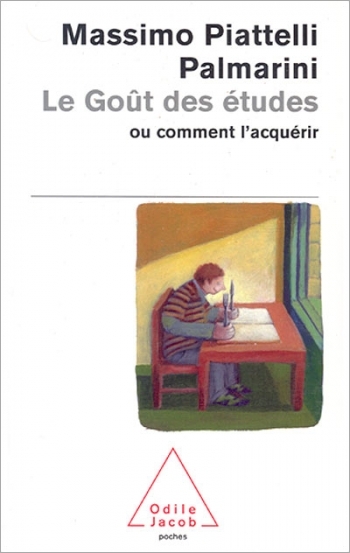Catalog All books

Jacques Gutwirth
The Rebirth of Hasidism, from1945 to the present
In 1945, there were 20,000 Hasidim in the world. Today, there are between 350,000 and 400,000, about half of whom live in Israel. This population explosion cannot be explained simply by demographic reasons. In France alone, it is estimated that there are 10,000 to 15,000 Lubavitch Hasidim, a small but particularly active community. Jacques Gutwirth paints a vivid picture of the major centres of Hasidism - Antwerp, New York, Jerusalem, Bne Brak and Paris. He describes the main aspects of Hasidism today, its spiritual and intellectual contributions, its recent history and the influence it has. Hasidism cannot be reduced simply to a religious conception, a way of expressing one's religion, or a particular lifestyle. Its rapid development is linked to current politics and global economics, to which in turn it also contributes. In this rigorous, balanced study of one of Judaism's most dynamic communities, the author provides solid information to further the discussion on the rise of religious fundamentalism. Jacques Gutwirth is an anthropologist and an honorary research fellow at the Centre National de la Recherche Scientifique (CNRS). A pioneer in the field of urban anthropology, he has taught at the University of Provence, in Aix, and at the University René Descartes, in Paris, as well as in Germany and the United States. He is the founder of the laboratory of anthropology at the CNRS. His first book, Vie Juive Traditionnelle, about a Hasidic community in Antwerp, is regarded as a classic. He is also the author of Les Judéo-Chrétiens Aujourd'hui and L'Eglise Electronique: La Saga des Télévangélistes

Lucy Vincent
How to Fall in Love
What if love was one of the best magic tricks invented by evolution ? A far cry from the soppy, and rose-tinted fairy tales of our childhood, Lucy Vincent invites us to discover, with her both humorous and emotive approach, the true face of love its ruses, its calculations, but also its charm, its fun, and at the end of the day, its essential beauty. An indispensable read for those who wish to know the hidden aspects of love, and a useful tool to help master the strategies and language of love. A doctor in neurosciences, Lucy Vincent is equally a scientific editor at Radio France.
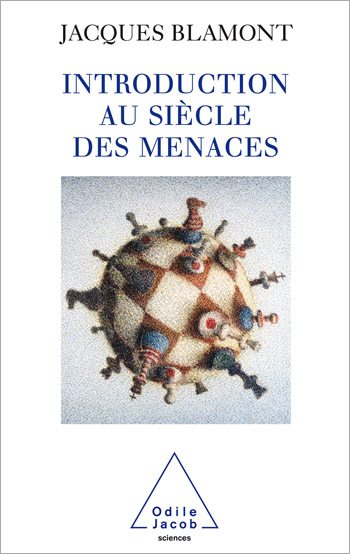
Jacques Blamont
Introduction au siècle des menaces
Although the confrontation between rich and poor is universal, it can be heightened by various factors. According to Jacques Blamont, the widening technological gap between the poor and rich nations is one such aggravating factor. The revolution in information technology has been largely responsible, because it has helped to concentrate more and more power and wealth in the hands of the few - particularly in the United States. Blamont lists various potentially threatening situations that are converging to create an explosion such as the world has never seen before. These include: the demographic growth of the very poor, the ageing population in the developed countries, new climatic risks that are endangering the environment, the spread of new epidemics as a result of globalisation, and the limited effects of the military strategies adopted by the most powerful nations. Step by step, the author deconstructs the hellish machine that our children will inherit from us - because we put too much faith in technological progress. Jacques Blamont is a member of the French Academy of Science and a professor at the University of Paris-VI. He is one of the fathers of the French space programme and was formerly the scientific director of the CNES. He is most notably the author of Vénus dévoilée and Le Chiffre et le Songe.

Bernard Chemouny
The Guide to Homeopathy New, revised edition
This is the revised third edition of the highly successful guide to homeopathy, which was first published seven years ago. Besides bringing up to date all the facts, figures, tables, prices and addresses, the new edition has been revised to account for the following: o Lower health insurance coverage, following recent French legislation which came into effect on 1st January 2004. o The French Ministry of Health's recommendation to limit the use of antibiotics (especially for minor ailments such as sore throats). A reference work on [homeopathy], which is used by one out of three French people, Le Figaro Bernard Chemouny is a homeopathic physician and acupuncturist. He teaches homeopathy at Hôpital Saint-Jacques, in Paris.

Denis Stora
Guide to the Main Medications and Their Generic Equivalents
Since October 2003, France's health-care system has required users to purchase generic medications, when these exist, if they wish their medical prescriptions to be covered. Physicians have agreed that 75% of all prescriptions will be for generic medications, and pharmacists are committed to making the necessary substitutions. Physicians, pharmacists and users will thus be utilising an increased volume of generic medications. Presented here in alphabetical order are the 150 molecules contained in approximately 1600 medications that are on the market today. More than a list of generic equivalents, this is an intelligent guide to medications. Each molecule listed is described with its pharmacological activity, therapeutic indications and contra-indications, dosages and major recommendations. This is a highly useful pedagogical guide, since brand names will gradually disappear in favour of their chemical names (paracetamol instead of Doliprane, fluoxetine instead of Prozac). Denis Stora, the holder of a doctorate in pharmaceutical studies, has been a licensed pharmacist for twelve years. He is a teacher and the author of numerous practical books for nurses and pharmacists.
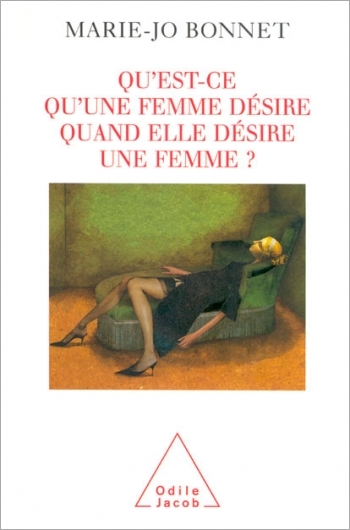
Marie-Jo Bonnet
What Does a Woman Desire when She Desires a Woman?
The desire of women for their own sex is a subject that has been concealed and heavily censored since Antiquity. Yet it has constantly resurfaced throughout history - despite repression, denial and today's feigned indifference - and its existence is a historical and anthropological fact, whatever the dominant opinion may say. Marie-Jo Bonnet argues that lesbianism transgresses social norms and female stereotypes, and breaks with the phallic model and the restricted social role that is assigned to women even today. She sees lesbian desire as a radical instrument of emancipation and offers an original analysis of the women's liberation movement, of recent discussions about homosexuality and, finally, of the persistence of lesbophobia. Desire, regardless of its subject, is always a unique and complex experience, and Bonnet does not ignore this fact. In an original, wide-ranging study of lesbian love through literature, she delves into the work of such major writers of the past as Marguerite Yourcenar, Violette Leduc, Simone de Beauvoir, Djuna Barnes and, surprisingly, Madame de Sévigné, as well as of more recent writers such as Monique Wittig, Anne Garreta and Christine Angot. The author's thesis is that women's desire for their own sex can serve as a tool to empower them to conquer their own space of creativity and liberation. Marie-Jo Bonnet, a writer and historian, is the author of Les Relations Amoureuses Entre Femmes (XVIe-XXe siècle).
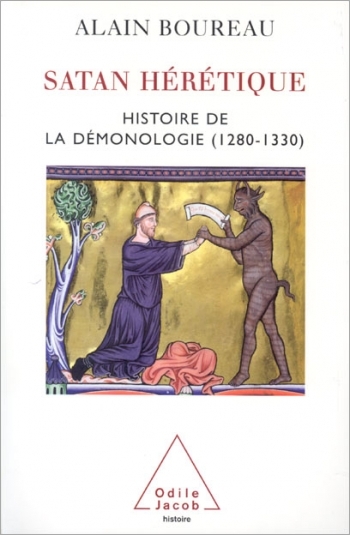
Alain Boureau
Satan, the Heretic History of demonology in Medieval Europe, 1260-1350
Alain Boureau is one of the most original French medievalists. In his earlier, best-selling book on the droit du seigneur, he showed that such a custom had never actually existed. The present work is not about Satan and Satanism, but about the birth of demonology, i.e. about the demons that inhabit Satan's Court - a fascinating topic for a medievalist. Before the end of the thirteenth century, theology had shown little interest in demons, according to Boureau. But Saint Thomas Aquinas' Treatise on Evil, written in 1272, changed all this. Boureau tries to find an explanation. He is not concerned with why people believe in demons - he has not written a social history of demonology. Instead, he sets out to understand why theologians became interested in the subject - for this is a history of theological ideas about demons. The author summarises his explanation as follows: I propose that the date of the invention of demonology be moved forward by more than a century, not because a new doctrine was established and enforced then, as was the case in the fifteenth century, but because of the considerable procedural changes that assimilated witchcraft and invocations of the devil with the crime of heresy, which in turn led to new legal developments and more revelations. In addition, the injection of doctrinal content into the ancient theme of the devil's pact explained demoniac activity in the world. The issue that lies at the heart of these discussions about a pact with the devil, evil and evidence is obviously the emergence of our legal system. Alain Boureau is a director of studies at the Ecole des Hautes Etudes en Sciences Sociales.
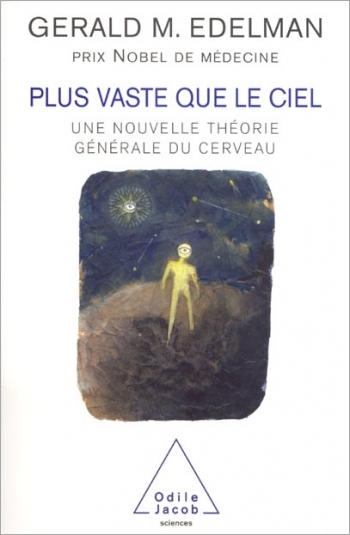
Gerald M. Edelman
Wider than the Sky
The brain is wider than the sky, For, put them side by side, The one the other will include With ease and you beside, wrote the American poet Emily Dickinson in the mid-nineteenth century. The fundamental mechanisms governing mental life are now the subject of scientific study. In this book, Gerald Edelman examines a major aspect of the mind - consciousness. How can the firing of neurons give rise to subjective sensations, thoughts and emotions? How can the disparate domains of mind and body be reconciled? A scientific explanation of consciousness must take into account the causal connections between these two domains. Such a theory must show how the neural bases of consciousness appeared during the evolutionary process and how certain animals developed consciousness. These are some of the key issues that Gerald Edelman examines here. He shows that consciousness cannot be located in a specific area of the brain, because it is a process linked to how the brain functions as a whole, to its wealth of connections and to its great complexity. The brain, he argues, is not a kind of computer. Edelman is regarded as one of the greatest theoreticians of the brain, and his notion of consciousness dominates all discussions on the subject among the international scientific community. This book offers the most accessible version of his theories that is available today. The winner of the 1972 Nobel Prize in Medicine, Gerald Edelman heads the Institute for Neurosciences, in La Jolla, California.
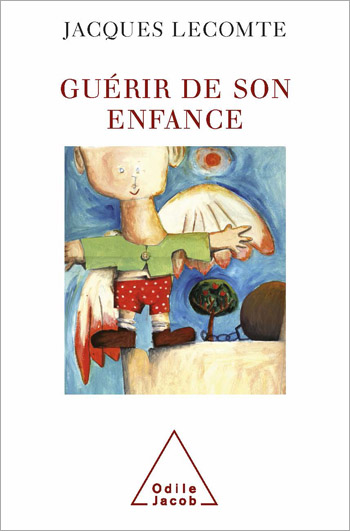
Jacques Lecomte
Cured of Childhood
How does a child whom life has hurt become resilient? Jacques Lecomte examines every aspect of a child's environment that can help him or her overcome misfortune. He stresses the crucial need for markers in the reconstruction of the child's personality, and on the importance of finding meaning in suffering. This is a thorough study of resilience, its foundations and how it works. It is also a polemical work which questions the role played by psychotherapists in building resilience. Jacques Lecomte argues that they are not the only ones who can do this - and that sometimes psychotherapists can do more harm than good. The author suggests specific plans of action, for families and children, so that those who are suffering and in pain may learn to become resilient and happy. This book offers a powerful message of hope - happiness, says the author, lies in acquiring a better understanding of resilience. Jacques Lecomte is a doctor in psychology and a lecturer at the University of Paris-X. He specialises in training professionals who work with children and is secretary general of the International Observatory on Resilience, presided by Boris Cyrulnik.
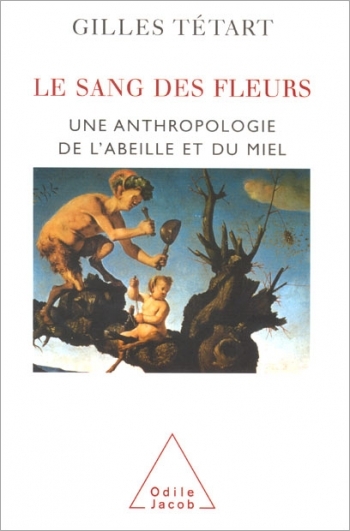
Gilles Tétart
The Blood of Poets
The first and constant motive of my scientific life has always been the blood, and its formation, diseases and mutations. During the day, I studied corpuscles and serums. In the evening I read or reread poetry. Sometimes I came across blood once again. An intuition, an allusion of a poet came to clarify my clinical or biological reflections of the next day. These kind of exchanges have inspired this book, which constitutes a personal anthology. It is the same blood which runs in the veins of Iphigenis before the planned sacrifice, as wriggles under our gaze using the microscope, and as draws our eyes to the lips it colours The present anthology bears witness to this unity and this diversity of the blood. Jean Bernard Jean Bernard is a member of the Acadamié française
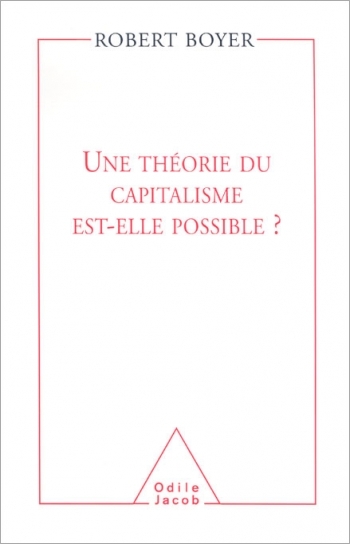
Robert Boyer
General Theory of Capitalism is it possible?
Robert Boyer is a leading figure of the regulationist school of economics, which believes that capitalism requires external, political, monetary and social regulations, and that the capitalist economy cannot be reduced to the self-regulating laws of the market. In this book, he proposes a general theory of capitalism, from two angles. First of all, he argues that there are several models of capitalism - not just one. America's ultra-liberal capitalism is unlike German capitalism, which is characterised by the fusion between banks and businesses, just as it is unlike French state-interventionist capitalism and Japan's capitalism of consensus. Secondly, in order to understand how capitalism works, every aspect has to be considered - not just the market but also political and social institutions (the State, central banks, unions, etc.) and the conventions they create among themselves (salary agreements, etc.). Robert Boyer is a research fellow at the Centre National de la Recherche Scientifique, a director of studies at the Ecole des Haute Etudes en Sciences Sociales and a member of the French prime minister's Council for Economic Analysis.

